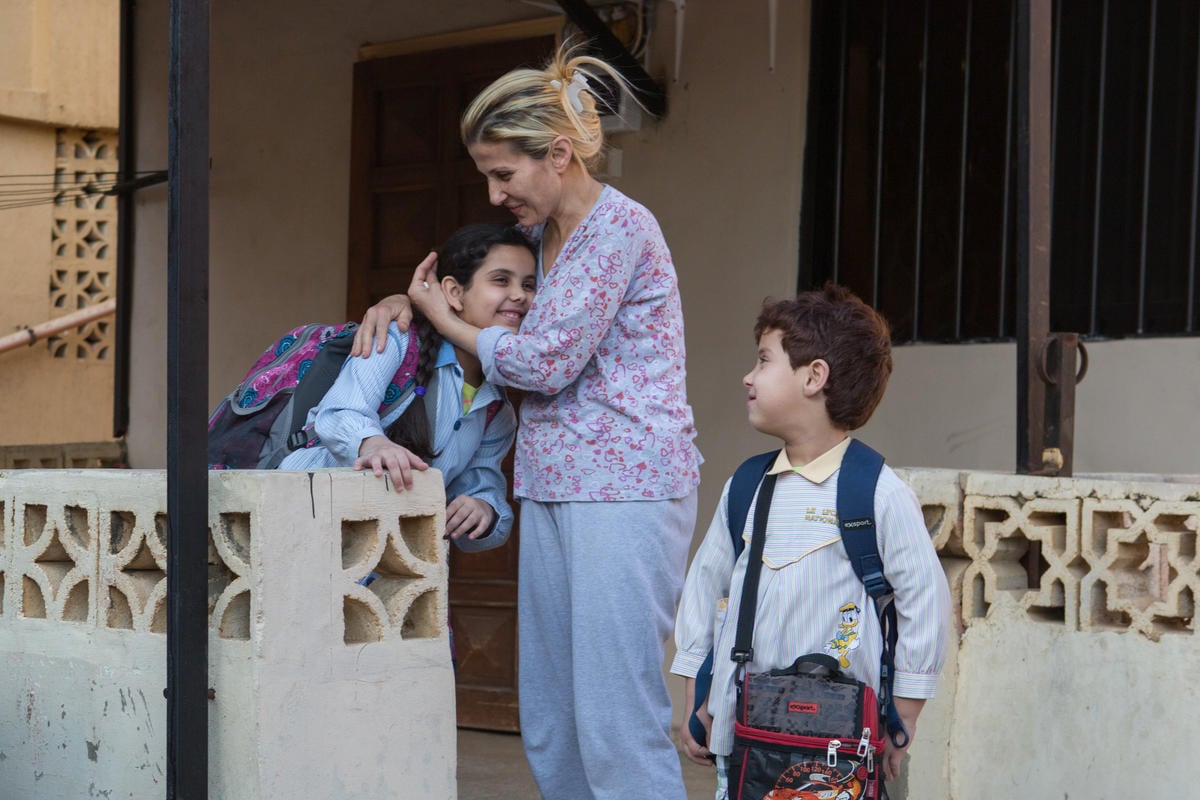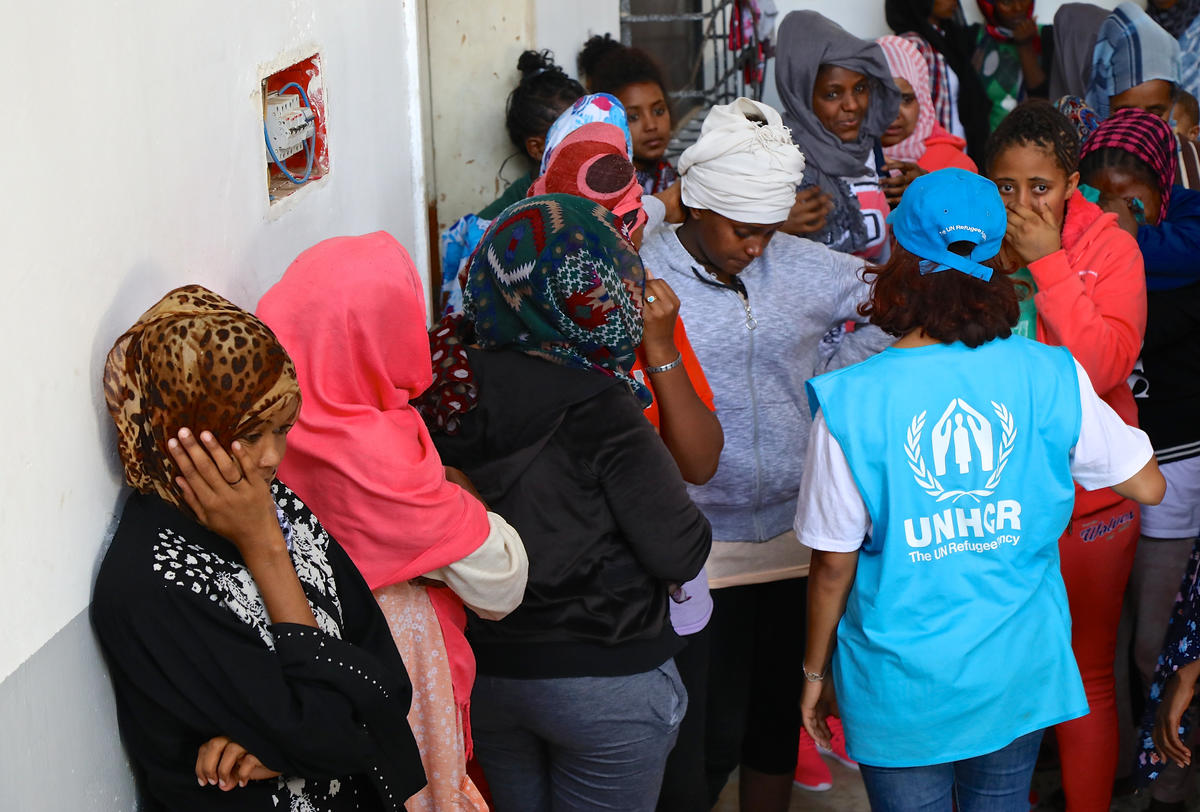Ivorian tensions, exodus could destabilise region, warns Lubbers
Ivorian tensions, exodus could destabilise region, warns Lubbers

GENEVA, Nov 10 (UNHCR) - Tensions in Côte d'Ivoire have driven more than 3,000 refugees into neighbouring Liberia in less than a week, a situation that could threaten the region's stability, warned UN refugee agency chief Ruud Lubbers on Wednesday.
Fighting broke out in Côte d'Ivoire last Thursday, when government troops bombed rebel-held areas in the north, killing nine French soldiers and an American aid worker, and leading to clashes between French peacekeeping troops and government loyalists.
In a press statement on Wednesday, High Commissioner Lubbers expressed deep concern about the deteriorating situation in Côte d'Ivoire that has so far sent between 3,000 and 5,000 people fleeing into eastern Liberia in fear of potential clashes between Ivorian government and rebel fighters.
Lubbers was also worried about some 70,000 Liberian refugees in Côte d'Ivoire, 8,000 of whom are hosted in two camps while the rest live among local Ivorian communities.
"Ivorians are fleeing their homes because they are scared," said the High Commissioner. "The situation in Abidjan is tense and dangerous, there is violence and looting, and in some parts of the country, essential services like water and electricity have been cut. If this goes on, there is a big risk of mass displacement of Ivorians and of the Liberian refugees there as well."
He stressed, "It is essential that a quick and peaceful solution be found to avoid such a disastrous scenario."
Most of the new arrivals in eastern Liberia are encamped in or around the town of Butuo, where UNHCR and its partners are providing emergency assistance, including blankets, plastic sheeting, lanterns, jerry cans and high-protein biscuits. However, road conditions around Butuo are extremely bad and a further influx would probably call for supplies to be airlifted.
Liberia itself is emerging from 14 years of civil war and just beginning to welcome home its first refugees. In October, UNHCR started facilitating the return of an estimated 340,000 Liberian refugees scattered throughout the region.
"Liberia faces the enormous task of rebuilding, which includes the reintegration of hundreds of thousands of its own citizens," said Lubbers. "At such a difficult and fragile stage in the rehabilitation of Liberia, a large influx of new refugees from Côte d'Ivoire would be very detrimental, creating further poverty and instability. That is why the situation is so worrying, not only for Côte d'Ivoire, but for the entire region."
Besides Liberia, Ghana has also received hundreds of other people fleeing Côte d'Ivoire. They include more than 700 immigrant workers, mostly from Burkina Faso and Nigeria, who arrived in Ghana by bus through the Elubo border crossing.
When Côte d'Ivoire's civil war first broke out in September 2002, it drove tens of thousands of people into neighbouring countries. Many Ivorian refugees subsequently returned to Côte d'Ivoire, where a ceasefire agreement signed in May 2003 held until last week's outbreak of violence.








